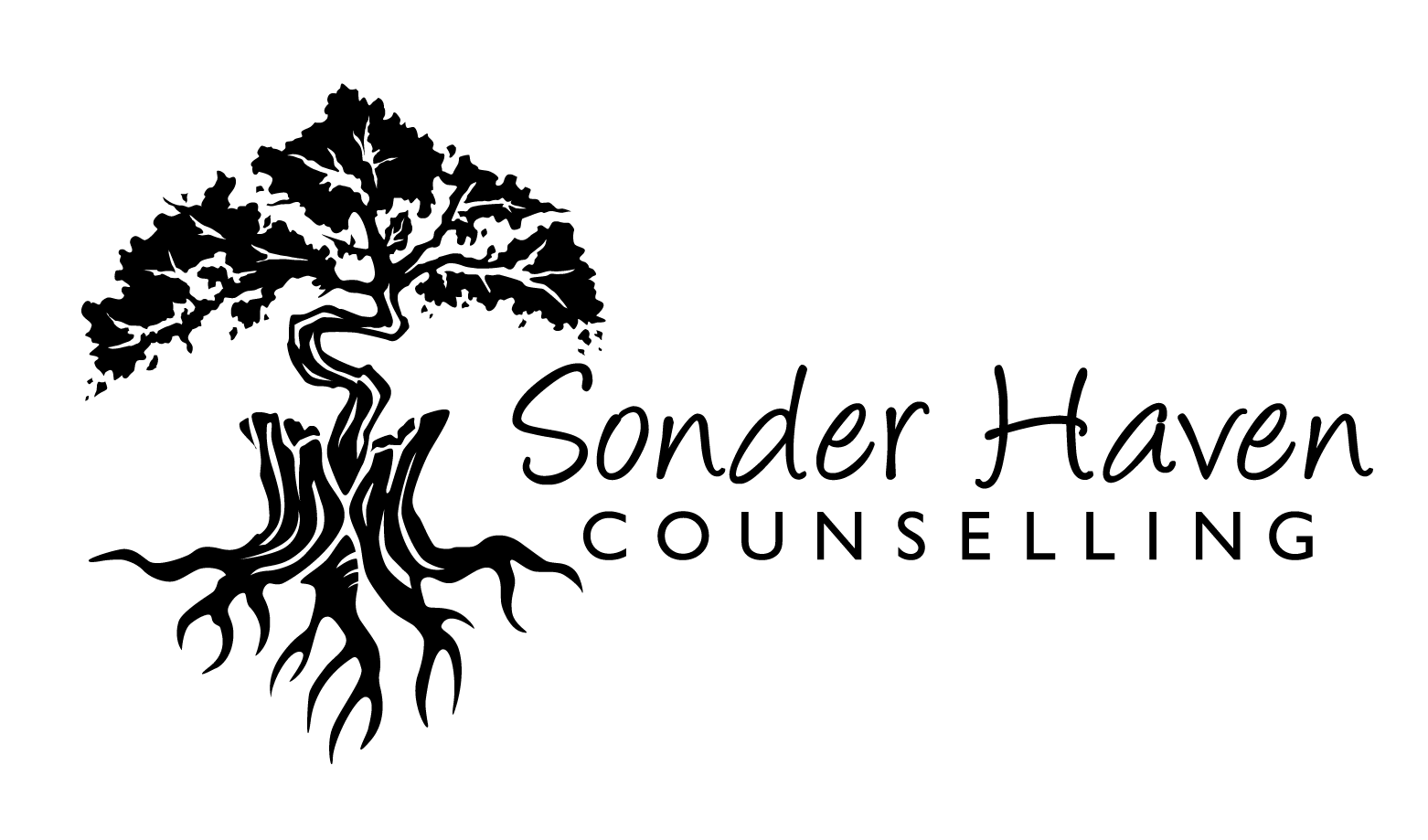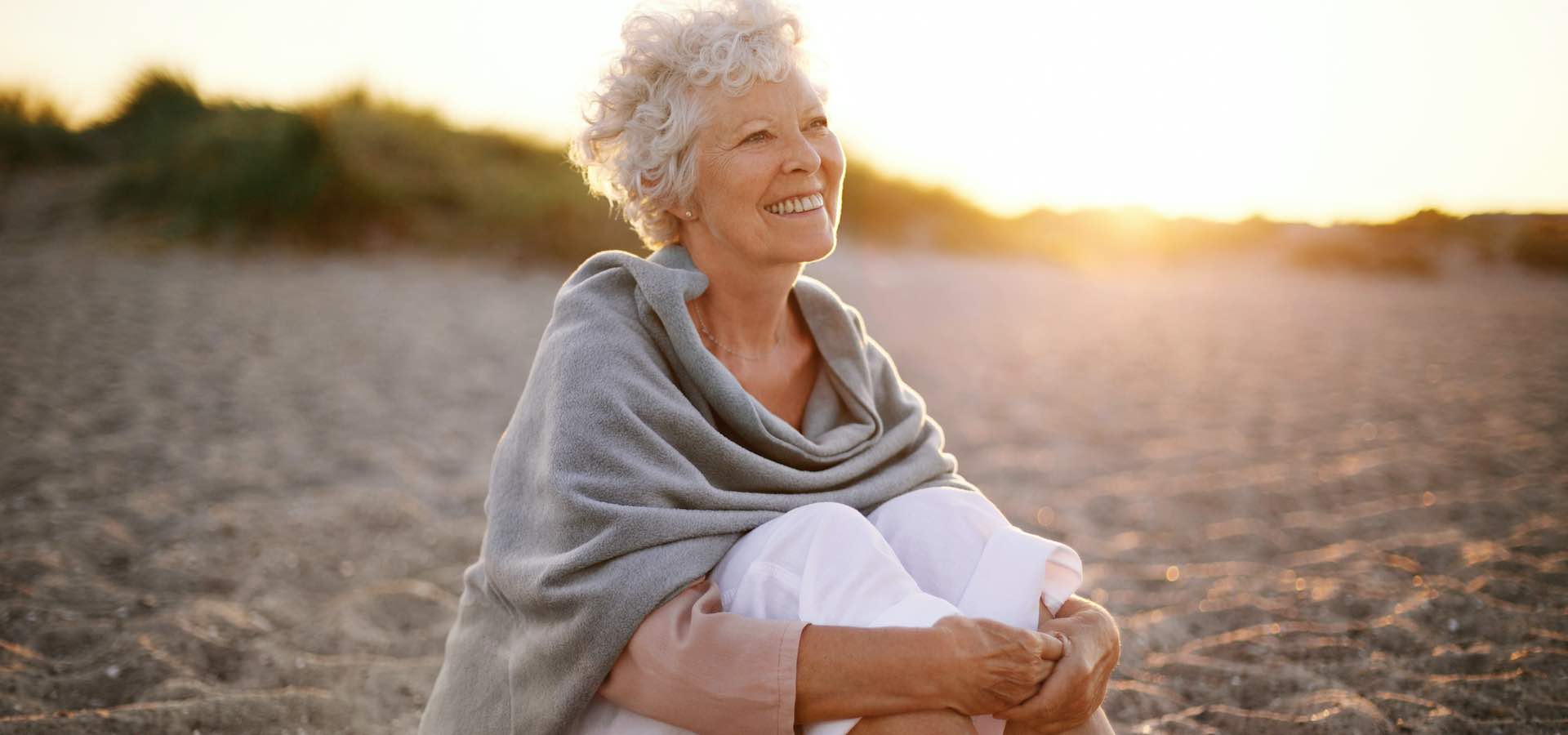Individual Counselling
When I work with individuals, I tend to focus on their current and future quality of life and explore their current situation to see what sort of work we want to do: grief and loss, depression, anxiety, life transition, healing current or past traumas, work transitions, relationships. We then create a treatment plan together, and my role is partly to pull from a variety of evidence-based therapies and partly to really check in to make sure that my client is in the driver’s seat.
We go at your pace. We talk about what you want to talk about. Sometimes people want to spend time on what happened that week. Other times people want me to redirect them to stay on the goals they have set for counselling. My job is to adjust to your needs week by week, so we may do some checking in to see what is helpful for you each session.
Youth Counselling

Youth want to be heard and respected. I work to connect with youth where they are at and value the amazing energy and insight they bring. I work from a fully accepting and harm reduction stance. My goal is to build on the youth’s abilities though finding out how the youth likes to solve their problems and then honing those skills with the youth. I make sure to make counselling useful and to connect what we do in session to their interests and needs. I tailor evidence-based therapies to be youth-friendly, kind of like the therapy version of hiding the vegetables in the spaghetti sauce! Connection and building rapport is key to how I work with youth.
LGBTQIA2+ Affirming Counselling

I offer sliding-scale counselling to LGBTQIA2+ communities. It’s really important for people to find counselling that is truly affirming. We go right to the heart of things without having to take a trip through “hi this is how to treat me” territory. It is important to take into account the whole person and that all parts of our identities, genders and sexualities are honoured and respected. I believe that is important to also have the knowledge to explore what we want to know about ourselves. I believe in informed-consent models to access gender-affirming care and I am sex positive. I make sure that I am up-to-date as I can on evidence-based practice and what is happening in community so that I can provide the services that the LGBTQIA2+ communities deserve.
Frequently Asked Questions
Who Does Most of the Talking?
Is There Homework?
How Do We Explore Emotion Without Being Overwhelmed?
Will I Have to Talk About That Thing That Happened?
Other Questions?
If you feel like I might be a fit, please feel free to contact me or book a free 30-minute video consultation.
(778) 400-6352
info@sonderhaven.com
P.O. Box 3, Duncan, BC, V9L 3X1







